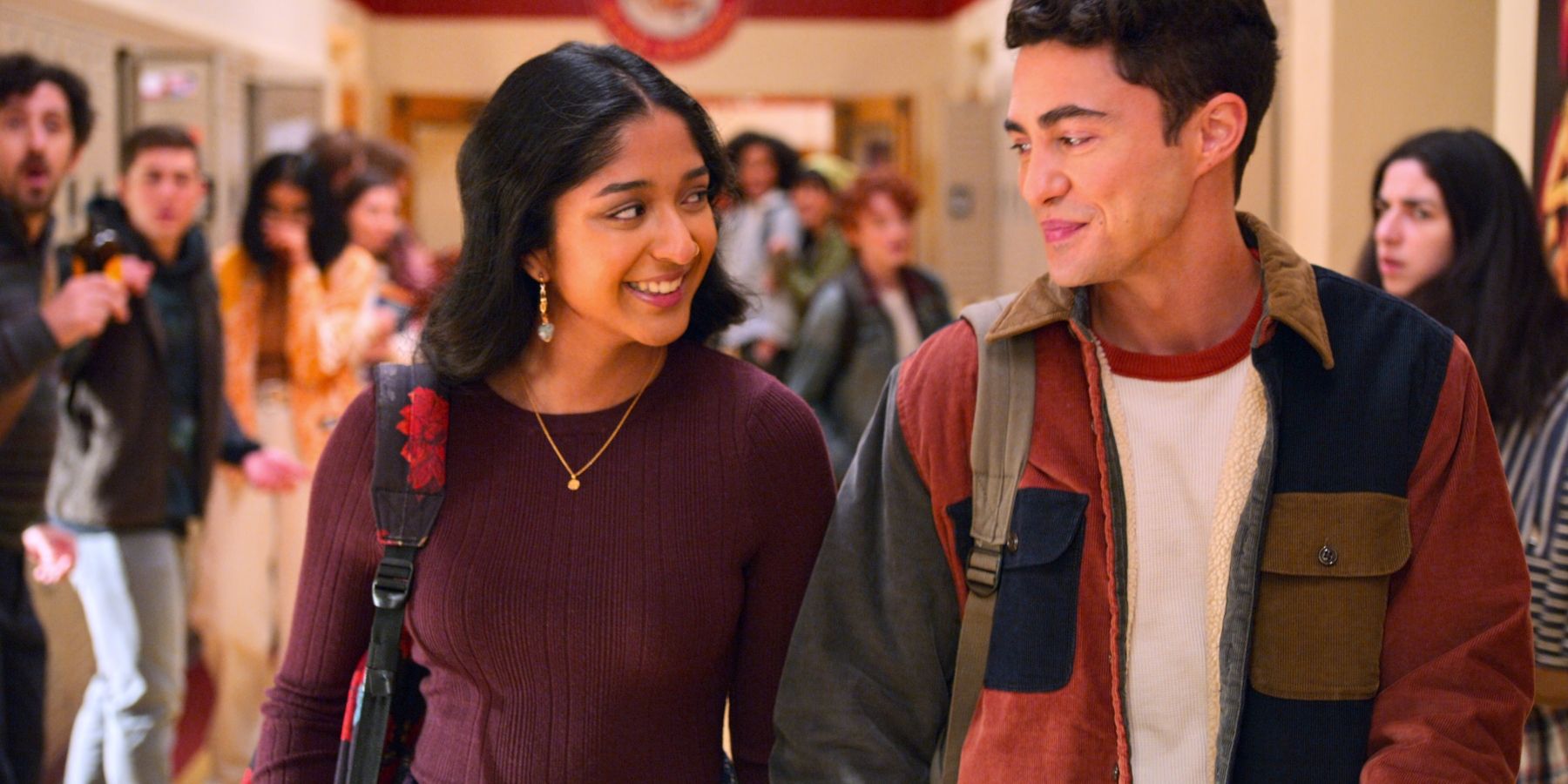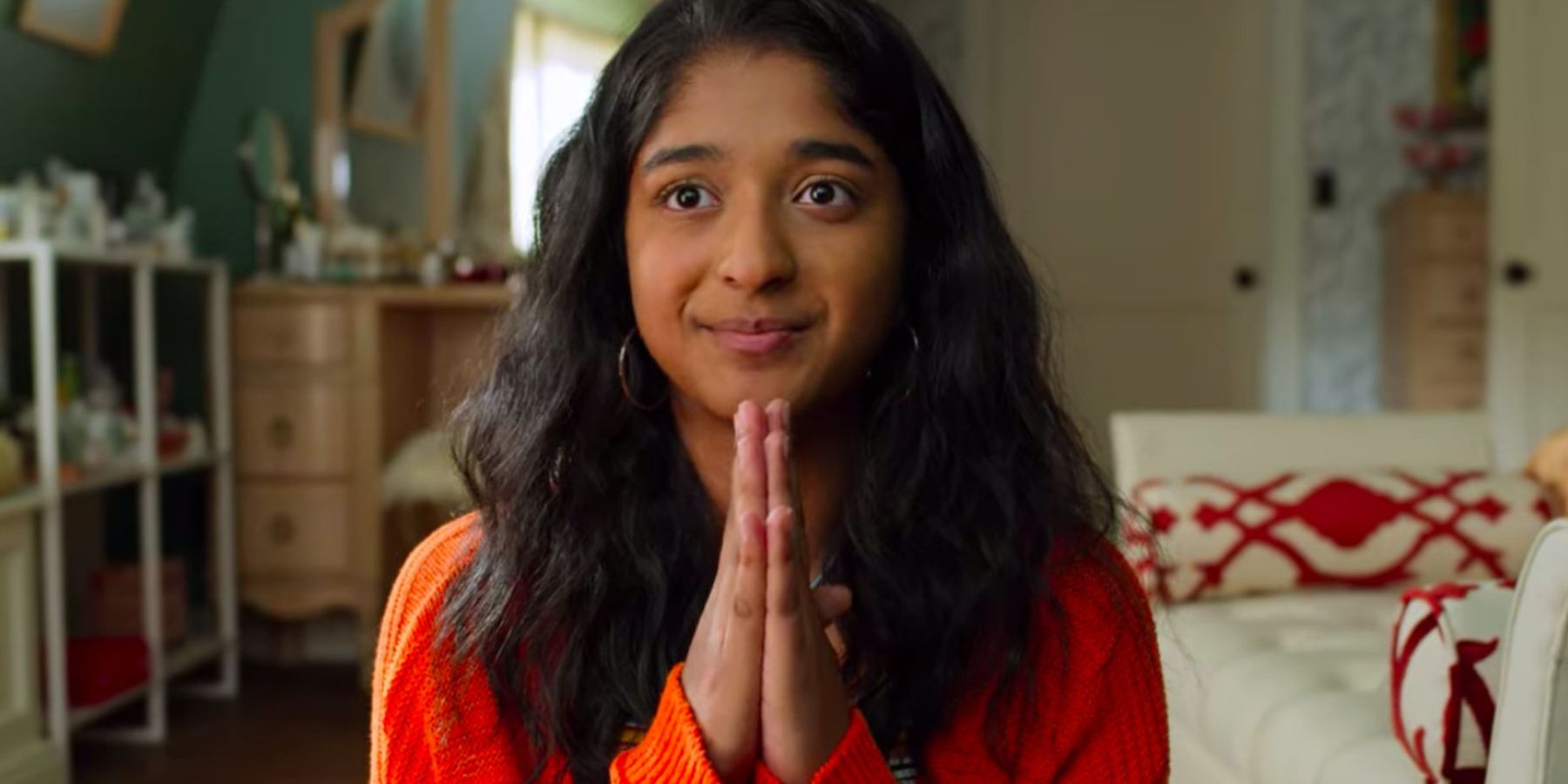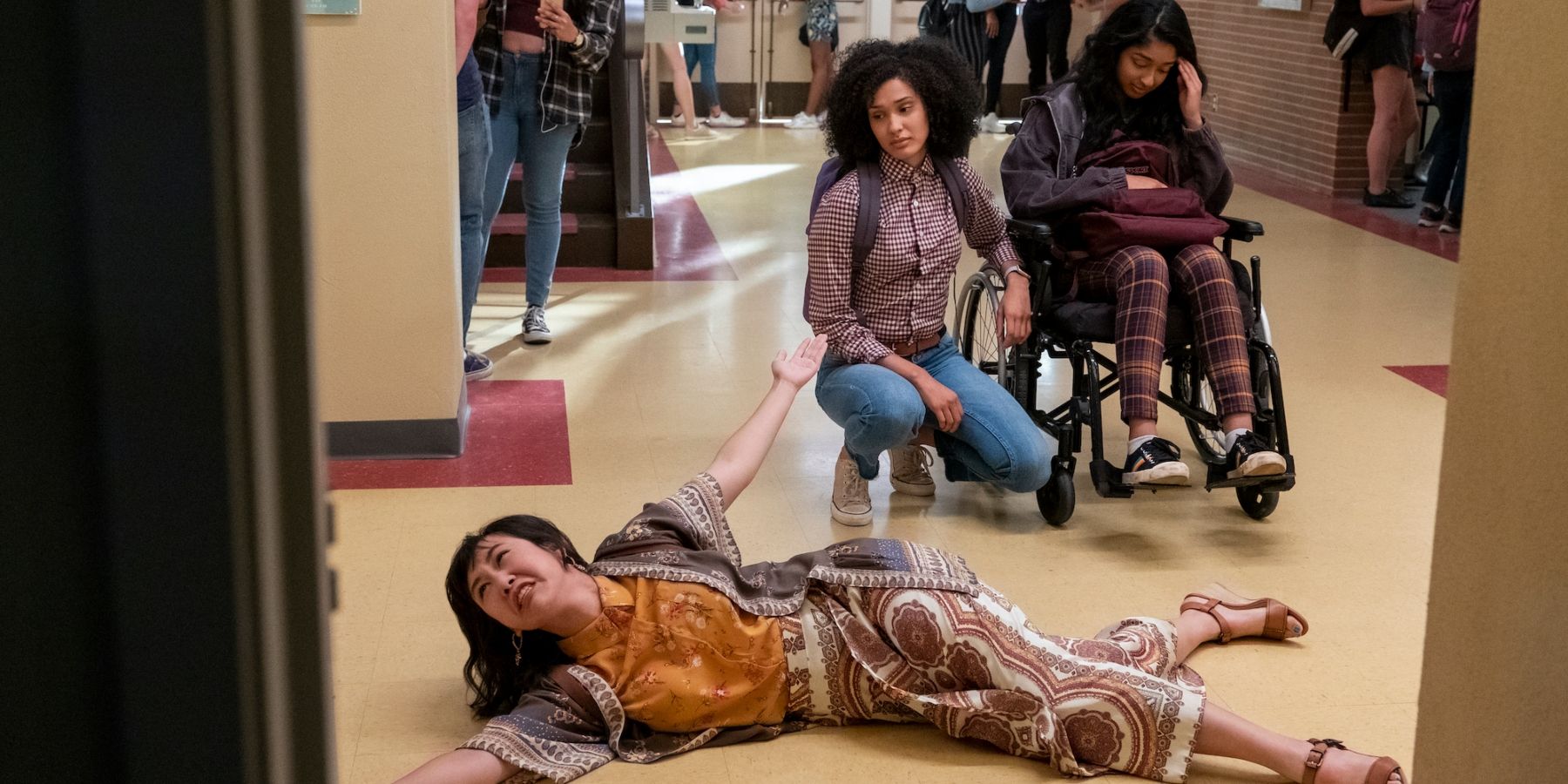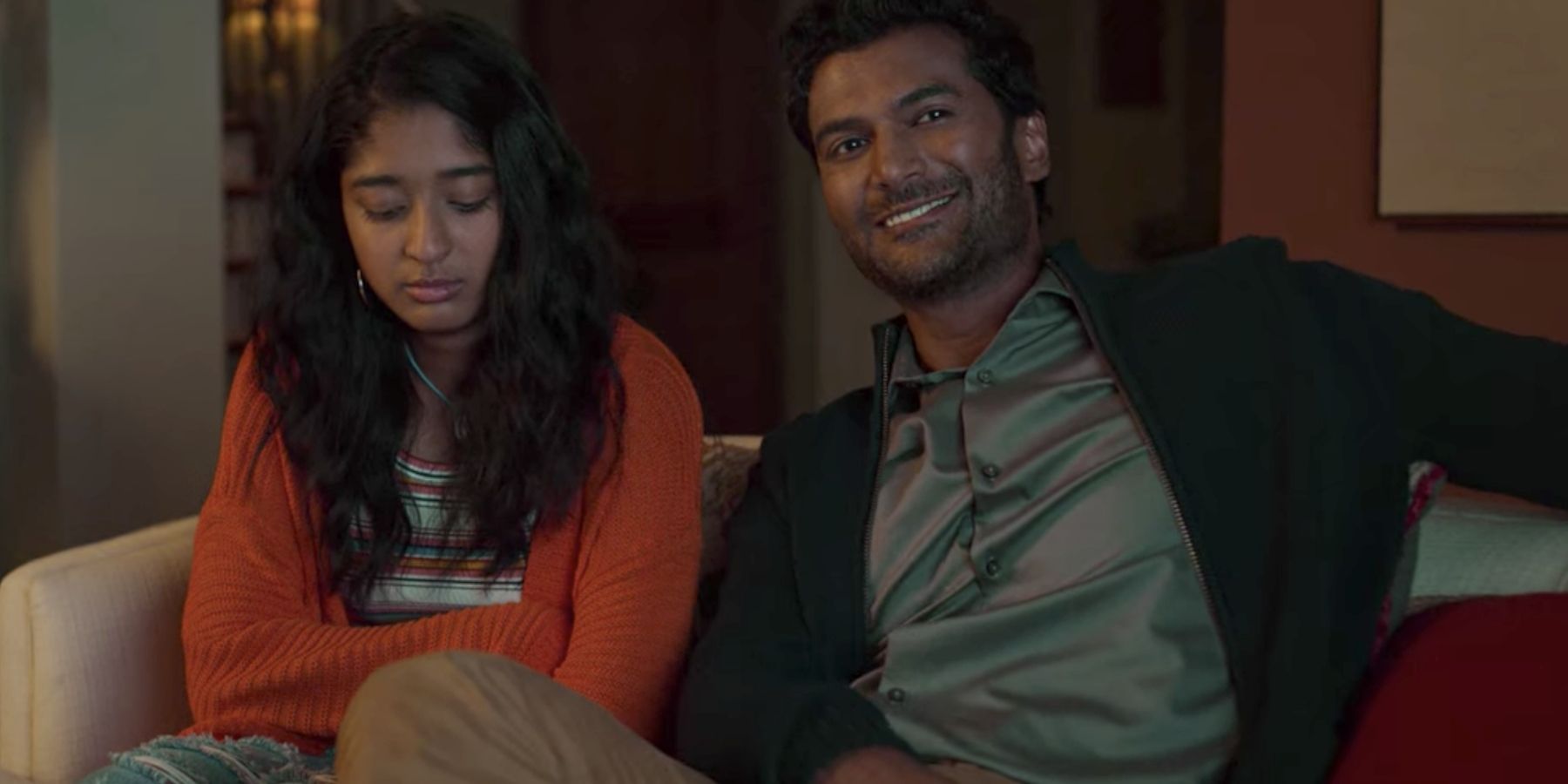Currently on its third season, Never Have I Ever has been received considerably well by viewers and critics alike. It follows a first-generation Indian American teen girl, Devi, as she tries to navigate the struggles of growing up, and all the mistakes, maturing, and heartbreak that it entails.
While the series certainly does a fantastic job capturing the complexity of growing up in the US in an immigrant family, the other perspectives the show includes creates an even broader span of people it's relatable to. Its broad span of characters with different backgrounds, interests, and different types of intelligence and worth, illustrates the raw and challenging trial of growing up that everyone endures.
Because this period of life that everyone goes through is a time of learning for everyone, there’s no doubt that Mindy Kaling’s own experiences as a teen played a role in her motivation for creating Never Have I Ever. Her distinct and lovable voice is clearly woven into all the humor and characters of the show, but it’s likely that some points more than others mean something to Kaling. Though the setting and time period may have been tweaked to make the series more appealing to the youth of the times, Kaling has admitted that the show is loosely based on her own experiences growing up in Boston.
One of the most unique qualities of the show that both creates a sense of clarity and, again, alternate perspectives, is its constant use of narrators. Most often this is the voice of John McEnroe narrating Devi’s life, though sometimes other characters get a focus episode that comes with their own personal narrator. Because this is a story about making mistakes in one's youth and learning from them, McEnroe is a great fit, considering how far he’s come since his playing days. This point is often even nodded to in his narration. This detail highlights the theme of the show: that youth is the time to not have all the answers. Rather, it's a time made for screwing up, so that you can learn from it and become a better adult.
Perhaps the reason for Mindy Kaling writing a series with so many varying perspectives that all still apply to the theme is because she wished as a child that she had known this, as many adults do. Regardless of what pushed her to focus on this message in the plot, she masterfully wove it into the story in a way that made it relatable and inspiring to both kids in this generation, and adults that didn’t have the mindset or privilege during their youth to embrace its hardships as learning experiences.
The series has often been referred to as semi-autobiographical regarding Mindy’s voice being present throughout the story. Many have praised her ability to capture these intense teenage emotions and trials in a way that any viewer, at any age, can relate to some aspect of the story.
One area that is likely to contain some of the more personal perspectives of Kaling’s are the aspects of the show that center around Indian culture, and how growing up in the US can affect any child from an immigrant family’s relationship with their culture. Audiences see how Devi perceives some expectations and traditions of her culture, that her relationship with it looks different from her grandmother’s or even her mother’s. Kaling has even commented on how much it means to her even viewers who have no personal association with Indian culture still connected to Devi’s experiences, and were inspired by them. She expressed that she doesn’t believe viewers are necessarily looking for a story that’s familiar to them, but simply one that’s honest.
In fact, it was Kaling’s experiences from her childhood (which she has often written about) that made Netflix approach Kaling about creating a series centered around the topic. Kaling has admitted before that she was hesitant to make the series, because it would require revisiting some of those uncomfortable childhood memories, but also because she would need to make it relevant to kids today. Needless to say, many fans — even teenagers — would agree that she did a great job. With that all said, it’s clear that Kaling took an opportunity to revisit the cringeworthy or emotional moments of her past and turned them into art that has an important message embedded in it that reminds her inner child, and the inner child of every member in the audience, that their experiences are valid and serve a purpose.
Because the primary characters in the series have either just graduated or are about to next season, Kaling has decided that the fourth season will be the final. Ending the story after Devi graduates high school, on the cusp between childhood and adulthood, not only seems like a natural stopping place, but also seems to once more emphasize the theme of the story.
The fourth and final season of Never Have I Ever is set to premiere on Netflix in 2023.




